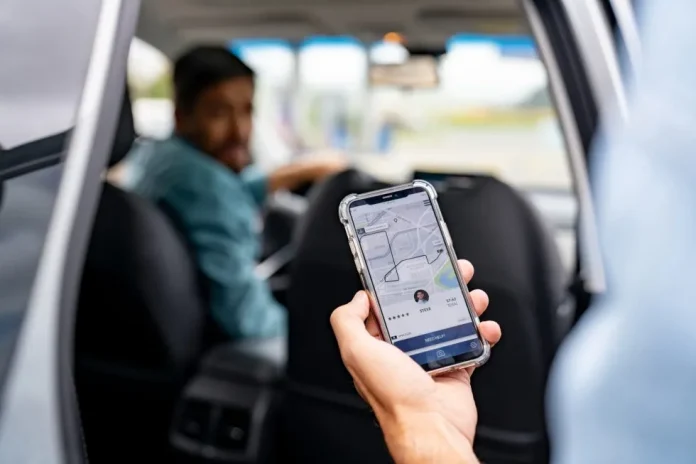Four Uber drivers who took the rideshare giant to court to challenge their work status have won a three-year battle to be classified as employees.
The Supreme Court on Monday unanimously dismissed Uber’s claim that the drivers did not work for the rideshare platform or, alternatively, were independent contractors running their own businesses. The court said it agreed with the findings of both the Employment Court and Court of Appeal – that the drivers were Uber’s employees – though their reasoning was different.
“The court unanimously found that Uber does engage drivers to deliver passenger transport services to riders. There is no contact between rider and driver until after Uber has offered the rider a fare for the trip and the rider has accepted that offer,” said Justice Forrest Miller, delivering the judgment.
Turning to the decision itself, the Supreme Court agreed with the Court of Appeal that the inequality of bargaining power between Uber and the drivers could not expand the meaning of the term “employee” in s 6 of the Employment Relations Act 2000.
To that extent, the Supreme Court said, the Employment Court Chief Judge Christina Inglis had erred with her focus in vulnerability, but inequality of bargaining power might explain why Uber’s driver contracts do not reflect the real nature of the relationship.
Under s 6, the court must determine this “real nature”, and in doing so is required to consider all relevant matters, including any that indicate the intentions of the parties. Labels and descriptors of the relationship, however, are not decisive. And, as the Court of Appeal noted in its decision, “The court cannot modify the test to respond to concerns about the vulnerability of the platform workers who are not employees as defined under s 6.”
Et Tu and First Union, on behalf of the four drivers, have been seeking a declaration that the drivers are Uber’s employees once they’ve signalled their availability for work and logged onto the Uber drivers’ app.
The company has now lost in all three courts: the Employment Court, the Court of Appeal and the Supreme Court.
Uber has consistently denied it hires drivers to work for hire or reward and says it does not provide passenger transport services. Rather, its standard form contract with drivers and riders says Uber simply supplies a digital platform that enables drivers and riders to connect with each other and create their own business relationship.
If the court were to reject that position, Uber says it engages drivers as independent contractors, not employees.
The Supreme Court noted that Uber claimed not to control the drivers, who choose their own working hours and may work through competitor platforms. The company also said Uber does not integrate the drivers into its business and they effectively operate their own businesses.
Uber was ordered to pay the respondents one set of costs of $50,000
LawNewsnz
-Advertisement-
Grab our latest Magazine, "Chief Wole Olanipekun, CFR, SAN, A man of wide horizons and deep intentions". Get your order fast and stress free.
For more details about Newswire Law&Events Magazine, kindly reach out to us on 08039218044, 09070309355. Email: newswiremagazine@yahoo.co.uk. You will be glad you did
Download E-MagazineDo you want to be heard, your events covered, your articles published, or need to advertise your products and services on our Blog and Magazine, reach out to us at Newswire Law and Events, you will be glad you did. For more details about our services, please call: 08039218044, 09070309355. Email: newswiremagazine@yahoo.co.uk







